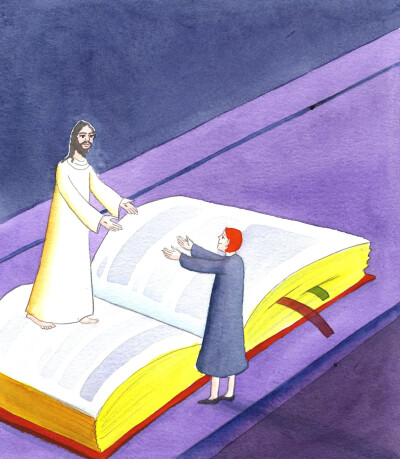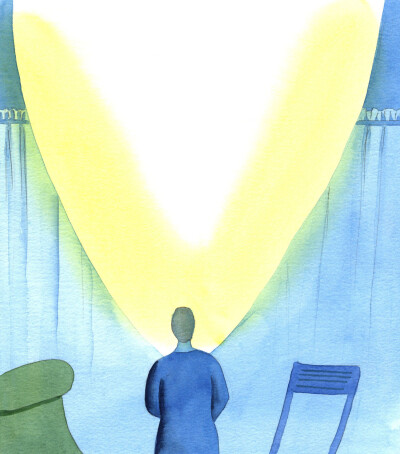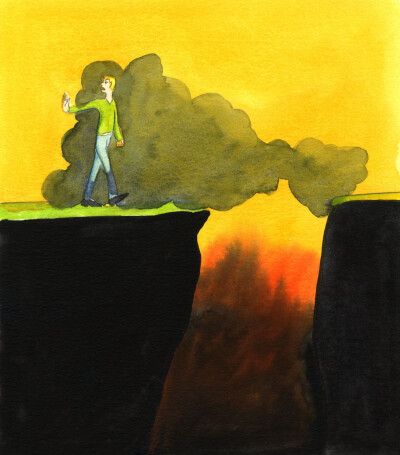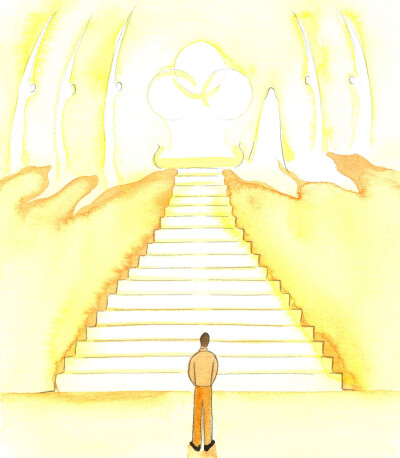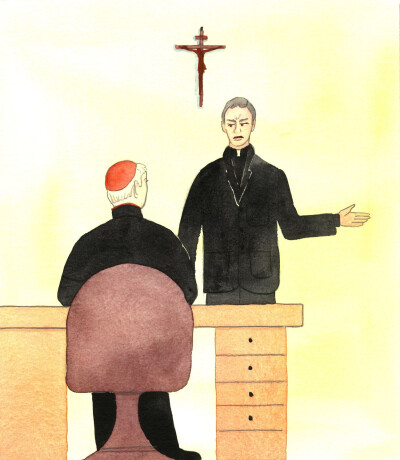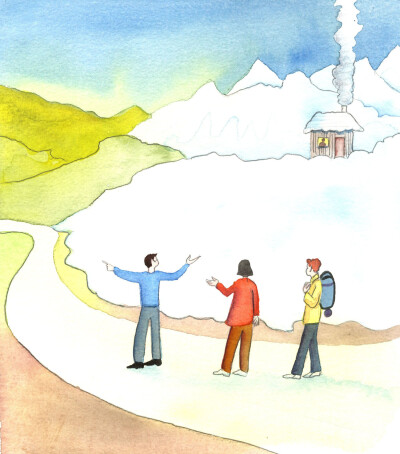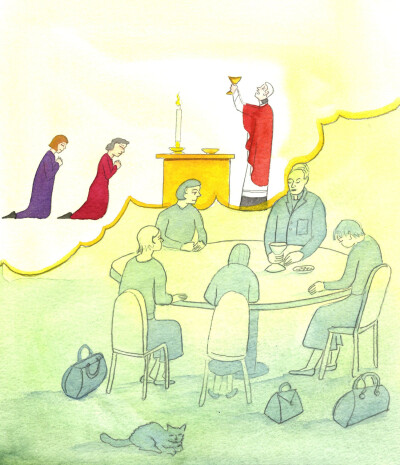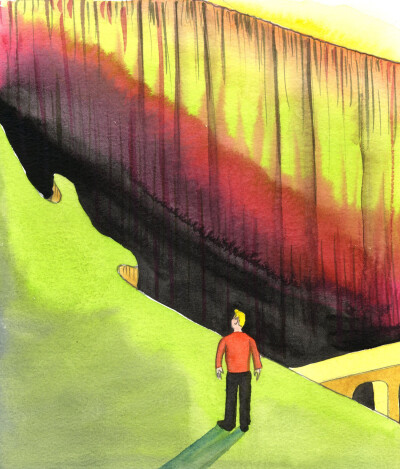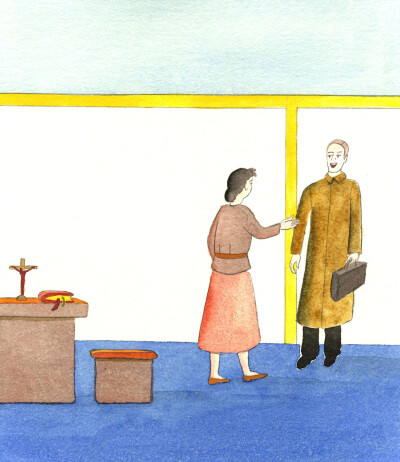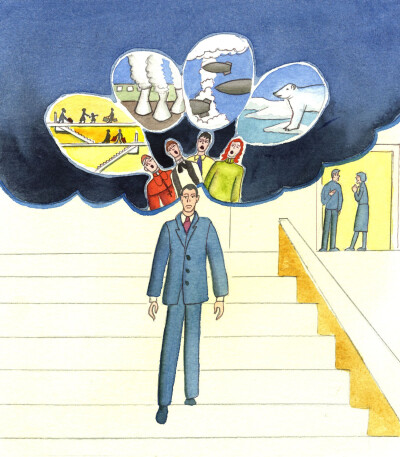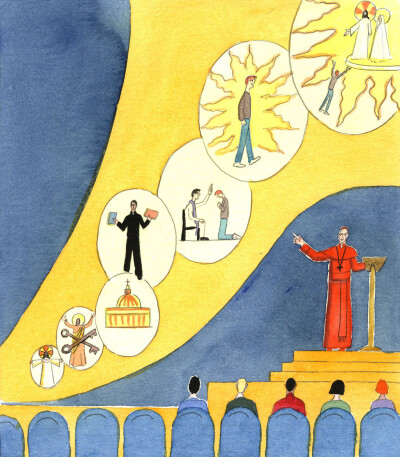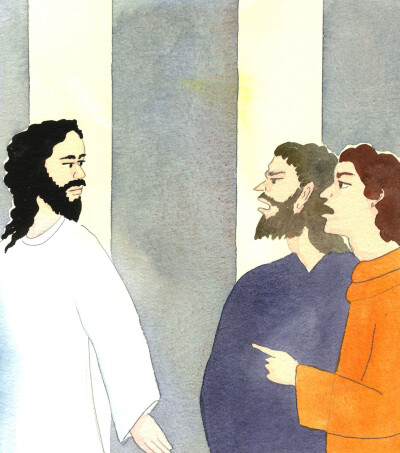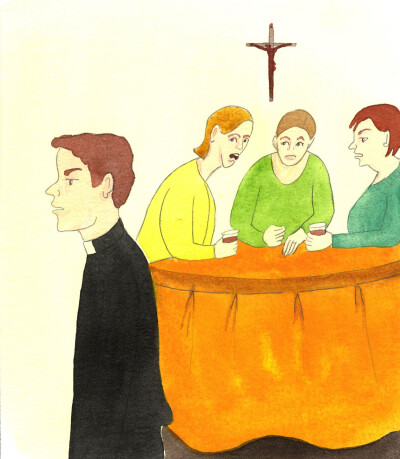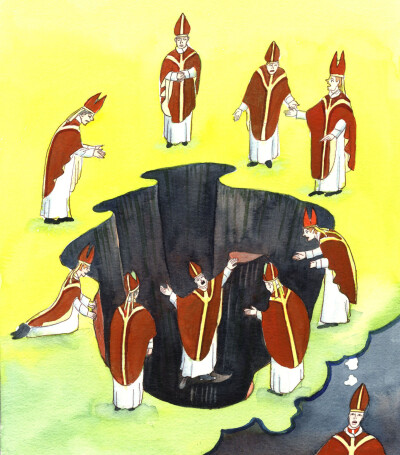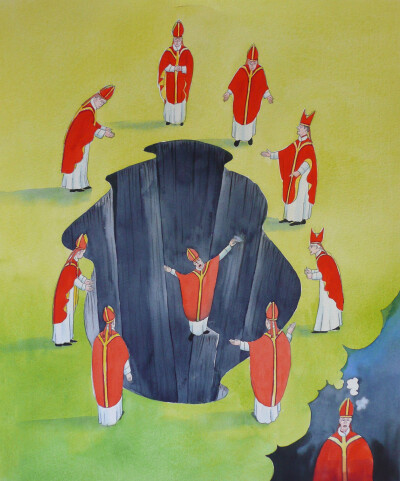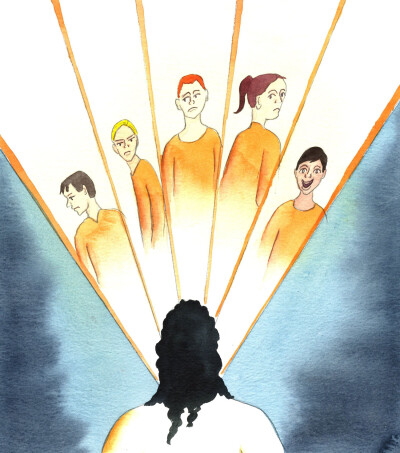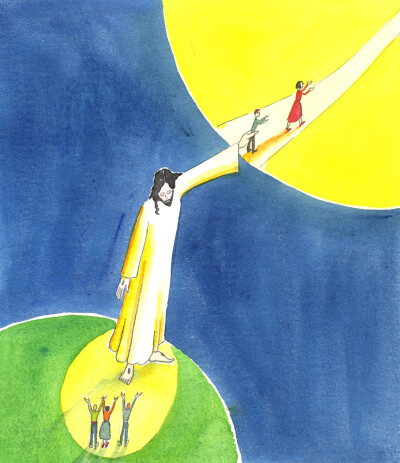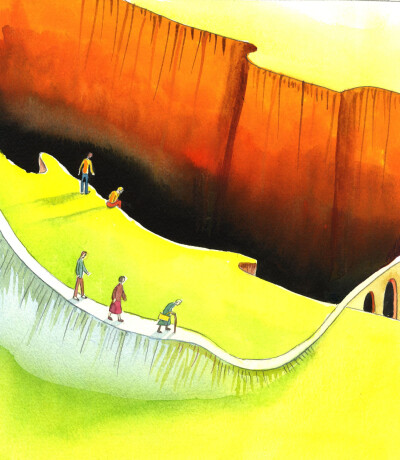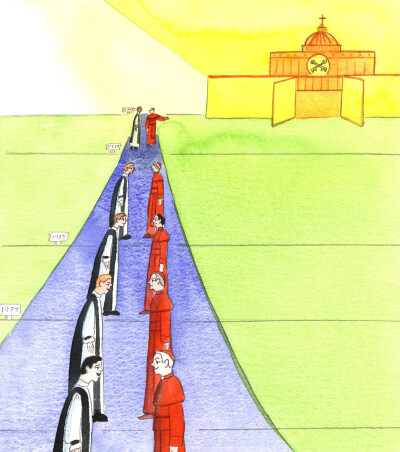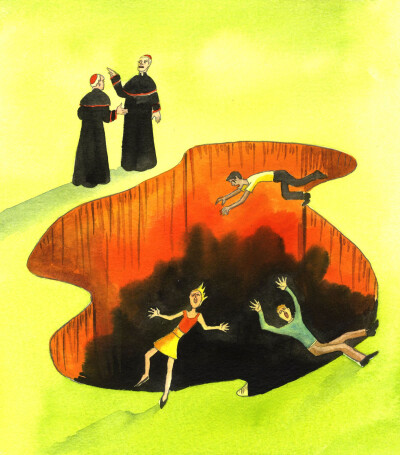Images » All Images
Showing 4461 - 4480 of 5265
The Living Word, Who is Christ, is as if waiting to meet us through our reading of Sacred Scripture. We can meet Him there, as well as in our prayer, our spiritual Communions, our visits to Him at the tabernacle, our gathering-together with fellow Catholics - and our supremely powerful and intimate union with Him during the Mass, in Holy Communion.
In making a spiritual Communion we invite God to come into our hearts and lives in a more powerful way. If we turn to Christ, make an act of sorrow for sin, an act of trust in His love, and an act of confidence in His presence in our souls, with a reverent request for a spiritual Communion, it can be as if the clouds and the sky have parted, to let the light of Christ shine more strongly upon us, bringing His peace and joy to our souls.
Those Catholics who never frequent the sacraments, or never pray, or live trapped in mortal sin, are in great spiritual danger, with no sure hope of being carried across the Abyss to Heaven when they die. It's as if a man is walking surrounded by clouds thrown up through his own sinful ways, clouds which hide from him the sight of the Abyss in front of him, and the Heaven which lies at the other side. Unless he repents, and sees where he is heading, he will fall into the pit.
A call to the Sacred Priesthood is a call to a man, from the Most Blessed Trinity, to accept a way of life in a most exalted state, which no-one can deserve. This call is made in the presence of the Blessed Virgin Mary, and the Archangels; and loving service as another Christ, in this world, however arduous, will be followed by a glorious welcome in the next.
The Ministerial Priesthood is such an extraordinarily-privileged state that a man is foolish if he accepts that privilege, then neglects his duties. It is a cause for sadness, also, when a man believes that he cannot fulfil that vocation and asks to be laicized. Although he can be saved, if he continues to live as a faithful Catholic, he will not enjoy the sort of glorious entry into Heaven that a faithful priest enjoys, unless he has reached the height of holiness and humility before he dies.
We are not all chosen to be official 'Evangelisers'; yet those who experience the peace-of-soul, spiritual growth and intellectual delight of the true Faith, and who are grateful for life in Christ, are not acting kindly if they don't share the Faith at suitable opportunities, or if they even advise other people to keep on with their mistaken beliefs or superstitious practices. It's as if people on their way to a warm climate can choose whether to take pity on a family they see, huddled in a snowfield, or can ignore them whilst rejoicing in their own good fortune.
A Mass can be offered anywhere appropriate, even in a private house, with due respect and reverence. But a domestic setting should not be an excuse for informality, or disregard for the rubrics. Jesus Christ is no longer a carpenter, but King of Heaven, and glorious in His Majesty. It is better if there is room to kneel, as we adore Him, and offer His praise and His sacrificial prayer to the Father in Heaven.
We all need the prayers and intercessions of others. There is only one Way across the gulf that separates earth from Heaven, and we shall not cross it when we die if we have wandered away, far from the bridge, looking for all sorts of distractions from our ordinary duties, or avoiding the call of conscience, or unwilling to suffer for Christ by remaining faithful. Perseverance is all-important, by the grace of God.
God delights in our love, proved by our devotion in prayer; but He delights in the charity in our hearts, when we freely choose to leave our devotions to attend to a neighbour, whether a person taken ill, or a husband arriving home and deserving a kind welcome.
A man who expects to hear the truth about sin and salvation, Church and evangelisation, holiness and Heaven, will often be disappointed at ecumenical gatherings where people are afraid of appearing divisive. They stick to safe subjects such as consumerism, pollution, nuclear war, and global warming, while people long to be helped to understand the meaning of 'Church', or helped in their personal spiritual journeys.
Through Christ and His Church, we can avoid confusion, and avoid Hell. God longs for Catholic priests and Bishops to teach the simple truth, in ecumenical relationships as well as Church events: that God became man, founded one Church, which is still here, teaching the truth, forgiving sins, making people holy, and preparing them to lead holy lives and then to enter Heaven, to be with God, the Saints and the Angels forever.
Christ asks His friends to be brave in speaking the truth about God and goodness; but He also asks us to be prudent. We need not feel guilty about avoiding trouble and controversy when this is possible without cowardice. He Himself ran away or hid, to avoid death, when He had stirred up anger by His words, but when it was too early to fulfil His great plan.
Christ has ordained certain men to be as 'other Christs' amongst us, to guide and govern us. We are not wrong to speak with gentleness and truth about words publicly offered by a priest or Bishop which are heretical or foolish; but Christ is grieved when He sees His priests needlessly criticized for personal appearance or habits, or cruelly slandered.
We can picture a Bishop in Purgatory, thinking of how he would re-appear to his fellow-Bishops, if he could, to say how much he now regrets his past silence on the subject of invalid Orders, and on sexual immorality - including contraceptive use. In failing to teach his flock, and failing to speak the truth to others, he has only avoided Hell because he was badly taught, when he was being catechised, and then trained to be a priest. All that the Church teaches is true.
We can picture a Bishop in Purgatory, thinking of how he would re-appear to his fellow-Bishops, if he could, to say how much he now regrets his past silence on the subject of invalid Orders, and on sexual immorality - including contraceptive use. In failing to teach his flock, and failing to speak the truth to others, he has only avoided Hell because he was badly taught, when he was being catechised, and then trained to be a priest. All that the Church teaches is true.
We might change, if we pictured the different people Jesus meets in prayer: some scowling at Him, some glad to be near, some not sure it's worthwhile, some not convinced that He hears, some not willing to give up their sins, some thrilled to be able to speak with Him at any time of day or night.
Christ's saving work on earth was something that only He could do. As God-made-man, He enabled sinful human beings to know and love Him, and, through Him, the Father. We can neither free ourselves from our sins nor know, without Christ and His Revelation, exactly how to please the Father. Through His Spirit, given in Baptism, we receive power; and through His Church, in every age, Truth, to guide us.
If we are full of self-pity, no matter how justified it seems, we become inward-looking, focussed not upon Christ or our neighbour but our own feelings of misery. This is spiritually harmful - as if we are sitting on the edge of the Abyss, in danger of falling, not like those other suffering people who say: "I can't do much good, but I'll do the little I can" - on the way to Heaven.
A priest or Bishop who speaks only of generalities, year after year, when he meets with Protestant Ministers, is failing in his duty. To practice ecumenism does not mean never mentioning the glorious truth that Christ founded one united Church, upon Peter: a Church which exists today, with its door open, for everyone willing to come in and practice the Faith, guided by her sure teachings.
It is sad to see some Bishops squabbling about comparatively unimportant matters, while, close by, people are falling into the pit - into Hell - because of their own freely-chosen actions. Those sinful people who died unrepentant are responsible for their fate; but they were not helped by Bishops who might have taught them the Faith in its fullness, with fervour, and so steered them away from danger.

